How Interest Rate Hikes Will Impact CRE
Economists and industry executives weigh in on the Fed’s decision to raise the benchmark rate by 75 basis points.
The Federal Reserve made its boldest move yet yesterday to tamp down inflation with a 0.75 percentage-point rate increase, the largest since 1994. Commercial real estate economists and executives say the industry has already seen impacts from earlier rate hikes, including higher cost of debt capital, tighter underwriting and collapsing deals as lenders and investors grow increasingly cautious.
“The rise in interest rates—and volatility more broadly—has led to a sharp uptick in cost of funds for both borrowers and lenders. As a result, lenders are reducing leverage, primarily out of concern for refinanceabilty,” Sabina Reeves, CBRE Investment Management chief economist, told Commercial Property Executive.
Reeves noted she has already seen liquidity fall as a result of higher financing costs. “This latest move will drive further tightening,” she added.
Marcus Duley, chief investment officer of Walker & Dunlop Investment Partners, said that the cost of debt capital has risen and is expected to continue to rise for both floating-rate loans and fixed-rate loans, as a result of actual and expected increases.
READ ALSO: Experts Assess Ukraine Conflict Impact on CRE
“[The higher interest rates] are translating into lower loan proceeds—lower loan-to-value and loan-to-cost—due to lender sizing constraints associated with minimum debt service coverage ratio requirements and higher underwritten exit test parameters,” Duley said.
Richard Ortiz, co-founder and managing principal at Hudson Realty Capital, has already seen a shift in behavior due to the apprehension of where rates are going to land in the next 12 months.
The Fed began increasing rates in March for the first time since before the pandemic hit with a 25 basis-point hike, although some economists had predicted the newly launched war in Ukraine might spur a 50 basis-point increase. That came in May with the expectation of several similar increases starting this month. But JLL Chief Economist Ryan Severino said it seemed as if the stock and bond market forced the Fed’s hands last week after news that the consumer price index rose 8.6 percent on a yearly basis in May and The University of Michigan consumer sentiment survey hit an all-time low due to concerns over rising inflation. Even the jobs report for May showed a gain of only 390,000, the lowest since April 2021.
“I think the market clearly thought higher rates and more aggressive movement on the Fed’s part was going to be needed to get inflation under control,” Severino told CPE. “The market was thinking more aggressively than the Fed.”
Severino said the Fed—led by Chairman Jerome Powell who called the 75 basis-point hike “unusually large”—is now signaling it would be willing to push past neutral to “get the inflation where it needs to be and that is not something based on the last forecast.”
Mike Fratantoni, chief economist & senior vice president at the Mortgage Bankers Association, said in a prepared statement the Fed is “racing to catch up to economic events” with the increase and signaling more to come. In fact, Powell indicated Wednesday July’s rate increase could also be as high as 75 basis points.

Mike Fratantoni, Chief Economist & Senior Vice President, Mortgage Bankers Association. Image courtesy of MBA
“A federal funds target rate likely to reach almost 4 percent by the end of 2023 should be effective in slowing the economy and ultimately bringing down inflation,” Fratantoni stated.
He also noted the housing market has slowed considerably in the past month as interest rates have taken hold. “We expect that this slower pace will remain through the summer, but buyers could return later this year if the Fed’s plans are better understood by the market and lead to less volatility,” he added.
Hugh Kelly, an economist and CPE columnist, believes that the Fed’s actions indicate it is aiming for an economic soft landing that would slow the economy without a recession. That would enable growth to continue on the demand side for housing and commercial real estate, he said. But Kelly admitted he was nervous because “the history of the Fed navigating to a soft landing is abysmal.”

Hugh Kelly, Academic Director & Chair, Curriculum Committee, Fordham University Real Estate Institute. Image courtesy of Fordham University Real Estate Institute
In his opinion, the risk of recession has risen beyond 50-50 at this point and the real estate markets are not ready for that now.
“If you bet on continuation of good times and haven’t hedged, then you’re going to be suffering some pain,” Kelly warned.
Kelly also mentioned he is not “writing a death knell for any sector of the real estate industry.” But the tide is going out and those that have not prepared are going to be exposed to unacceptable risks, he noted.
Potential scenarios for CRE
George Goyal, founder and managing principal of Three Pillars Capital Group, a Houston-based private equity firm specializing in Class B and C multifamily communities, agreed with Kelly and noted some firms will not be prepared to withstand the impact of the interest rate hike.
“Poor operators will be the first to get flushed out and face a lot of stress,” Goyal told CPE.

George Goyal, Founder & Managing Principal, Three Pillars Capital Group. Image courtesy of Three Pillars Capital Group
Others will have to bring more equity to the table. Higher debt costs, he said, will hurt investor yields. Sellers may also not be happy, Goyal added.
“Buyers and sellers are not in sync at the moment. Buyers are looking for deals and good value whereas sellers either need to plan to hold for a longer term or accept lower values on their assets,” he said.
Hudson Realty Capital’s Ortiz believes lenders are going to be more cautious, depending on the type of deal. “Stabilized properties will continue to trade, while there will likely be a slowdown of more speculative projects,” Ortiz stated.
Reeves of CBRE Investment Management said that as rate increases further impact U.S. Treasury yields, declines in both the equity and bond markets could put allocations to real assets under pressure due to the denominator effect.

Richard Ortiz, Co-Founder & Managing Principal, Hudson Realty Capital. Image courtesy of Hudson Realty Capital
“Investors may like the returns they are getting and see logic in increasing their investments in real assets but may be limited in their ability to do so because they will be overweight to the asset class. And within their real assets allocations, investors may need to rebalance their portfolios, rotating out of certain legacy assets to favor growth sectors,” Reeves told CPE.
WDIP’s Duley added that higher interest rates could also impact refinancing, particularly for maturing high-leveraged bridge loans.
“Owners of properties with this kind of debt may be either forced to sell despite the original plan being a refinance or will have to recapitalize with a cash-in refinance,” he said.
And some deals will just dissolve or need to be reworked.
Change of plans for real estate investors
Goyal of Three Pillars Group said his firm was in discussions to buy a $200 million office portfolio and backed out. “Occupancy wasn’t attractive, but we had plans to add value and attract tenants. However, in the face of rising interest rates, it would create too much stress to take a bet,” he admitted.
Henry Manoucheri, CEO of Universe Holdings, a Los Angeles-based firm that owns and operates multifamily properties in California and has recently expanded to the Southeast and Northeast, said the company has about $200 million in deals in escrow that will have to be repriced.
“[The interest rate hikes] put a monkey wrench into all of our deals because it has fundamentally changed our cost of capital, debt and all of our underwriting,” he said.
Manoucheri expects to see a big shift in the market because some owners will take their properties off the market for the next several years if they can’t get the price they would have gotten just a few months ago.
“Those who need to sell will have no choice but to take a far lesser price than before,” he noted.
But Manoucheri and others said fundamentals in multifamily as well as the industrial sector are still strong, and will be more resilient because of significant rental rate increases.
“I think that the market adjustment is healthy for the multifamily market. Going into 2022, it felt as though the investment market was priced to perfection,” said Shlomi Ronen, managing principal of Los Angeles-based Dekel Capital. “I do think that in the long term we’ll see stabilized cap rates hold firm as investors see rent growth keep up with inflation,” Ronen concluded.



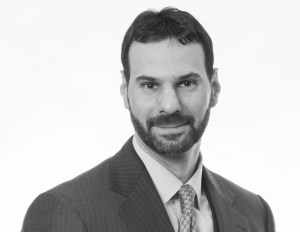
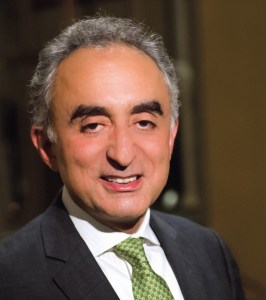


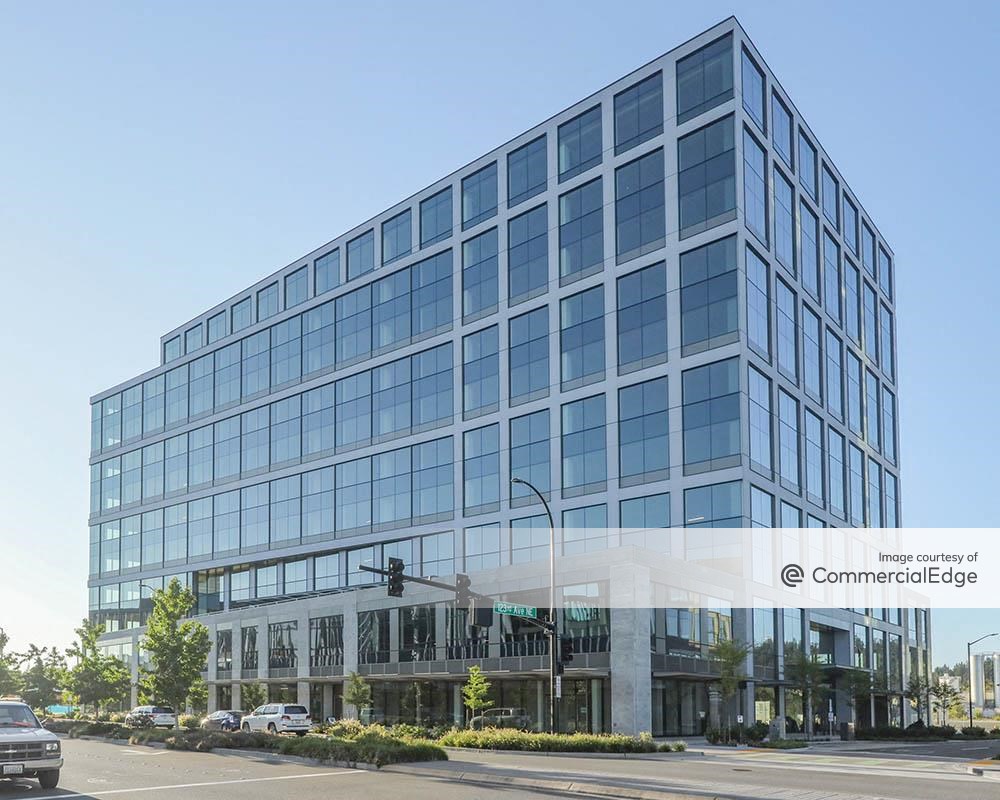

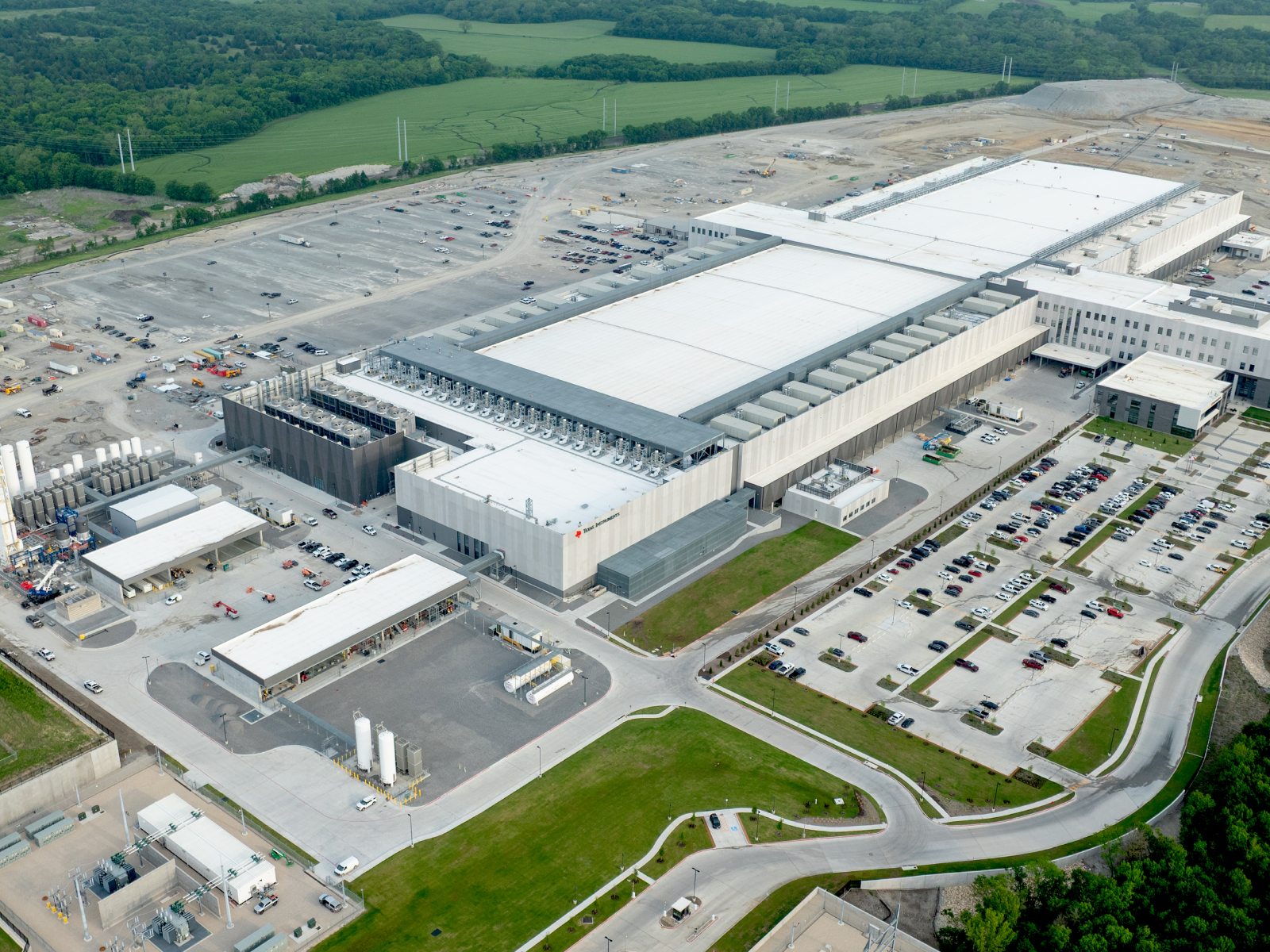

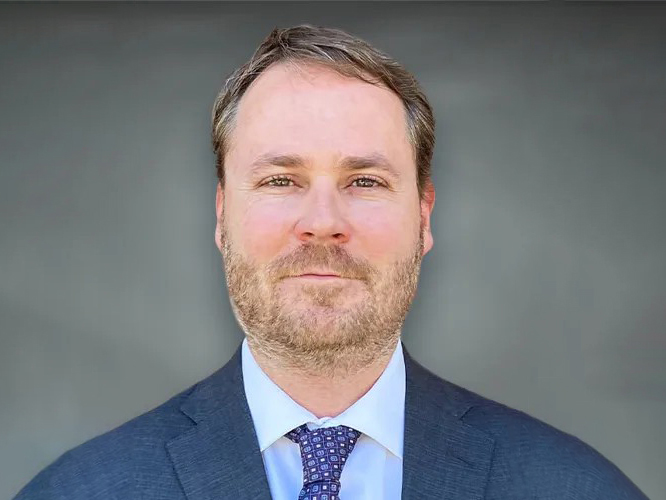
You must be logged in to post a comment.